All aboard! Cameroon’s race to vaccinate every child
Cameroonian health workers are going the distance to reach the remote Island of Manoka on a quest to ensure that no child is left behind.
- 29 April 2021
- 3 min read
- by Tetsekela Anyiam-Osigwe

Amid the COVID-19 pandemic, volunteers and health workers step aboard a make-shift boat, headed to Manoka, a remote island off the coast of Douala, Cameroon’s economic capital. The boat is made of traditional wooden materials, steered by its passengers and driven by an outboard motor. Wearing life jackets and face masks, the group sits as socially distanced as they can, sharing the space with some water – a necessary carry-on for the journey – and mini-fridges.
By reaching Manoka’s zero-dose children, health workers and volunteers unlock a door that brings the entire community into contact with the health system.
These fridges are not holding refreshments. Instead, they are housing lifesaving vaccines. In each lies a small stock of routine vaccines, which the health workers are aiming to administer to the many zero-dose children of Manoka.
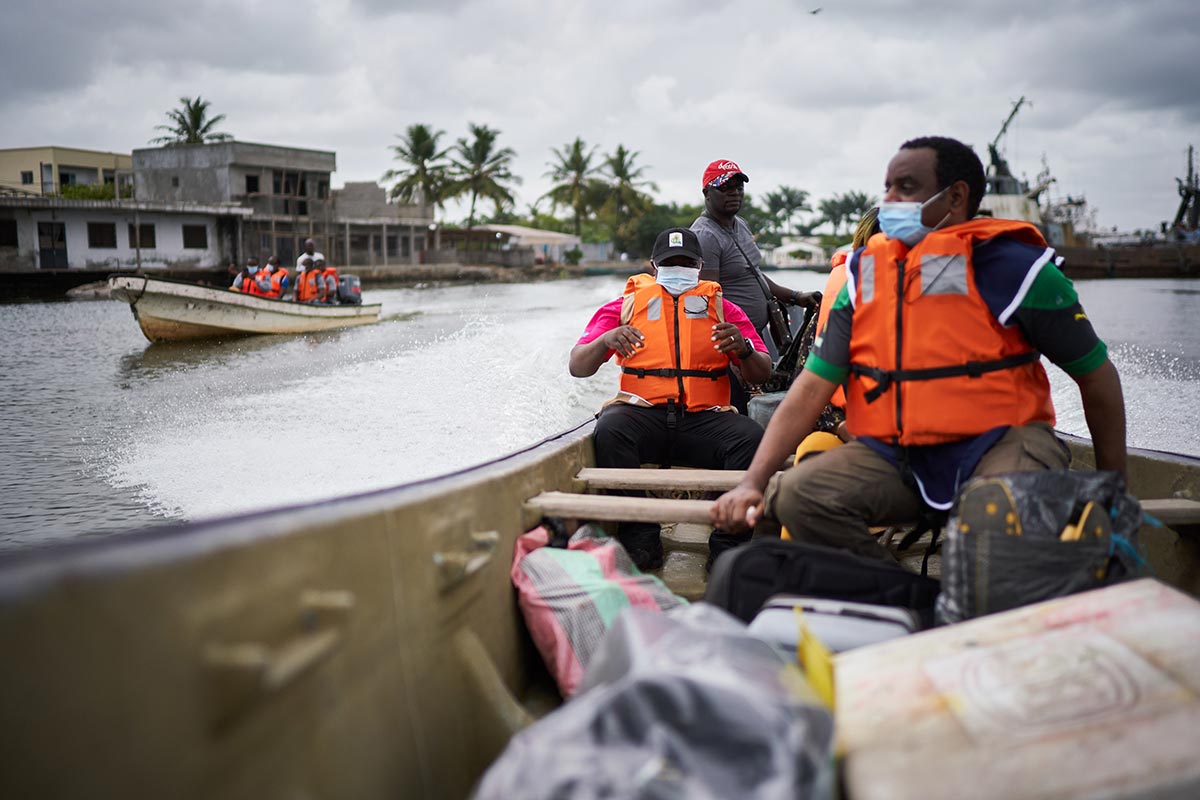
Credit: Gavi/2021/Christophe Da Silva
Going the distance: Where’s Manoka?
The final destination is Manoka, an archipelago located 21 kilometres off the coast of Douala, consisting of wet mangrove islands. Only accessible by boat, it is completely isolated, but harbours thousands of people.
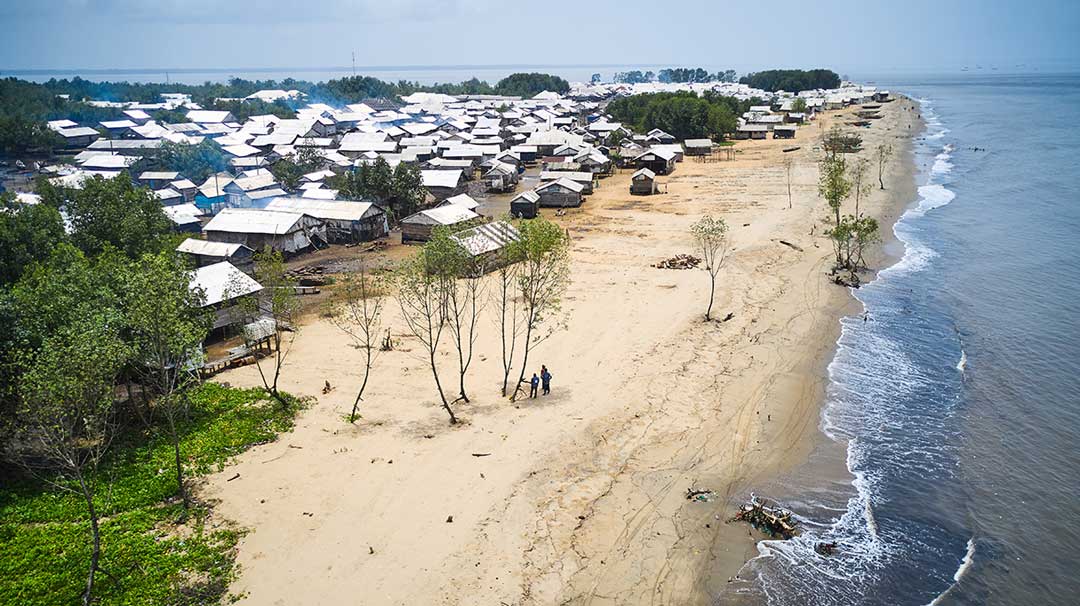
Credit: Gavi/2021/Christophe Da Silva
The island’s residents live with poor sanitation and lack access to clean water and other essential services, such as education, stable electricity and healthcare.
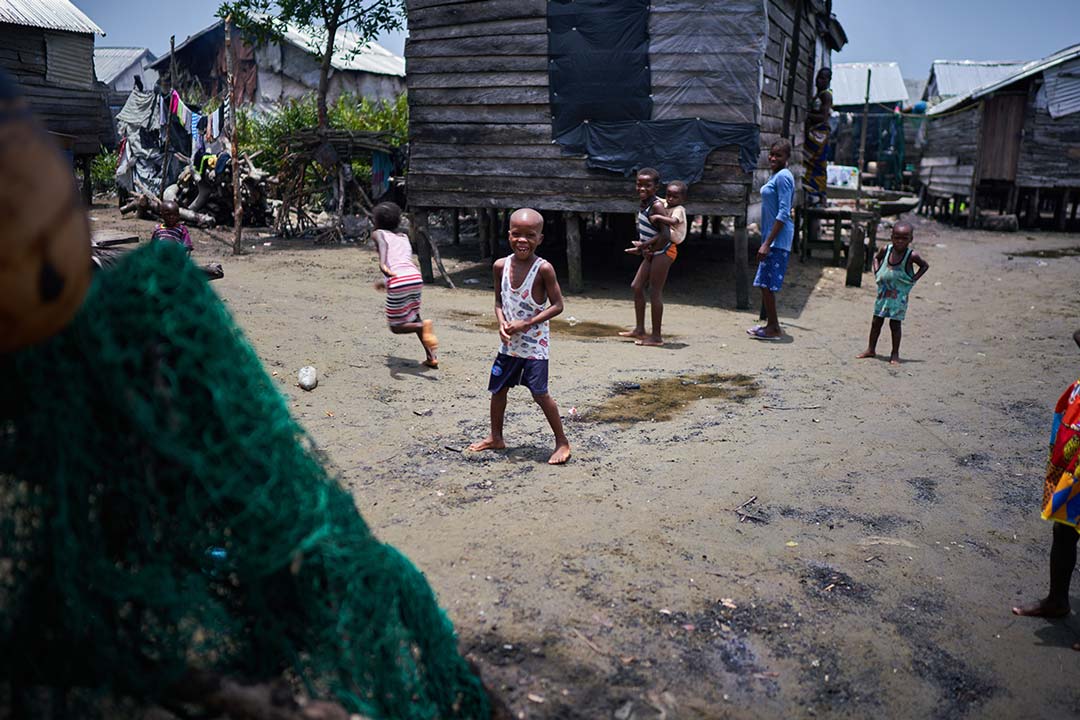
Credit: Gavi/2021/Christophe Da Silva
On the frontlines
The boat ride to Manoka is long, but after hours of navigating through webs of mangroves in the blistering heat, the health workers and volunteers finally make it. The first order of business is to search through the island, identifying families with young children.
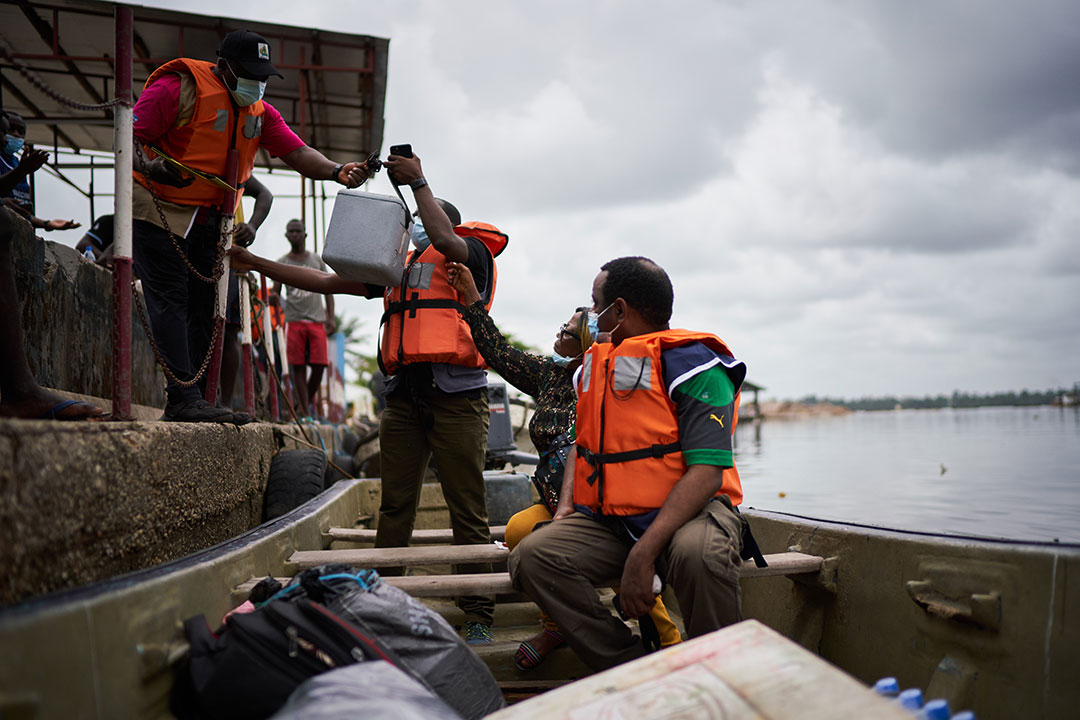
Credit: Gavi/2021/Christophe Da Silva
Going from house to house, one of the volunteers holds a megaphone, alerting residents to the arrival of health workers and lifesaving vaccines.
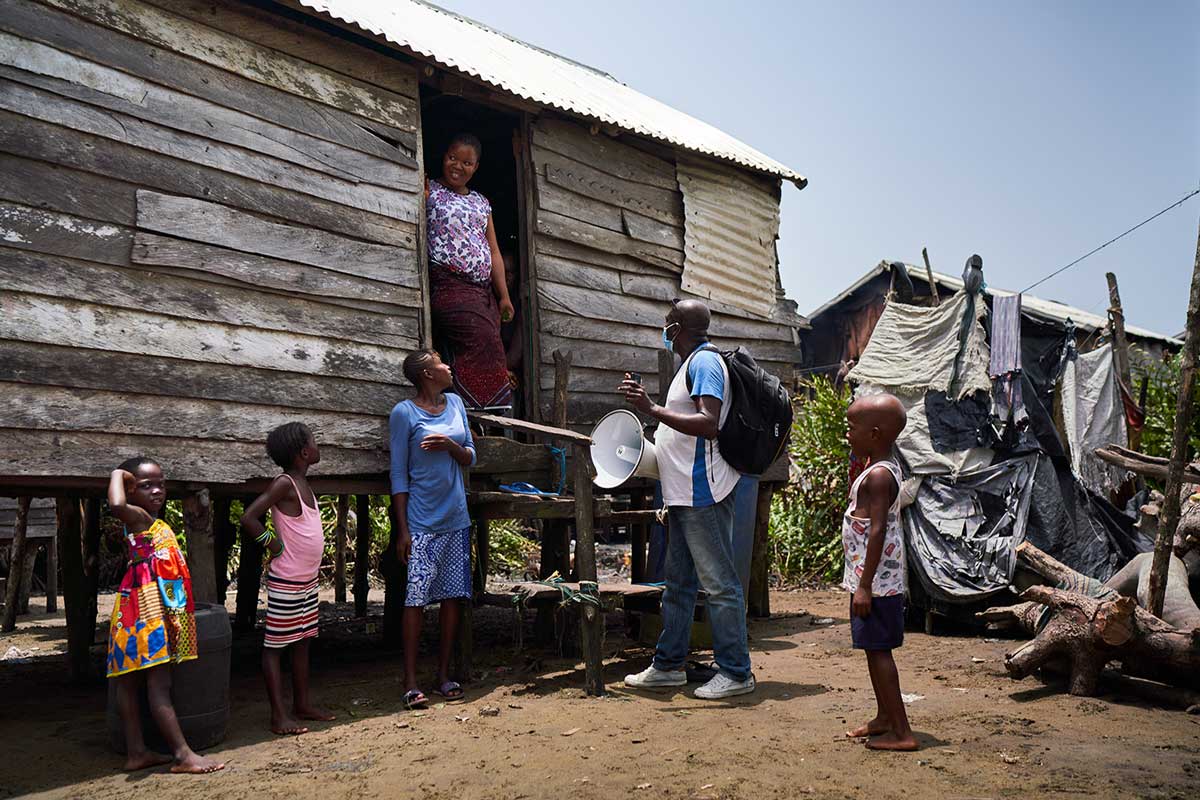
Credit: Gavi/2021/Christophe Da Silva
Finally reaching Manoka’s zero-dose children
Nearly all the children on the island are ‘zero-dose’; they have never received any routine vaccines. These zero-dose children are among the nearly 10 million children in lower-income countries that miss out on vaccines every year, leaving them vulnerable to some of the world’s deadliest diseases.
They are the reason the difficult journey was worth it, even during a pandemic. Without immunisation, the many children on the island are more likely to fall prey to deadly, preventable diseases.
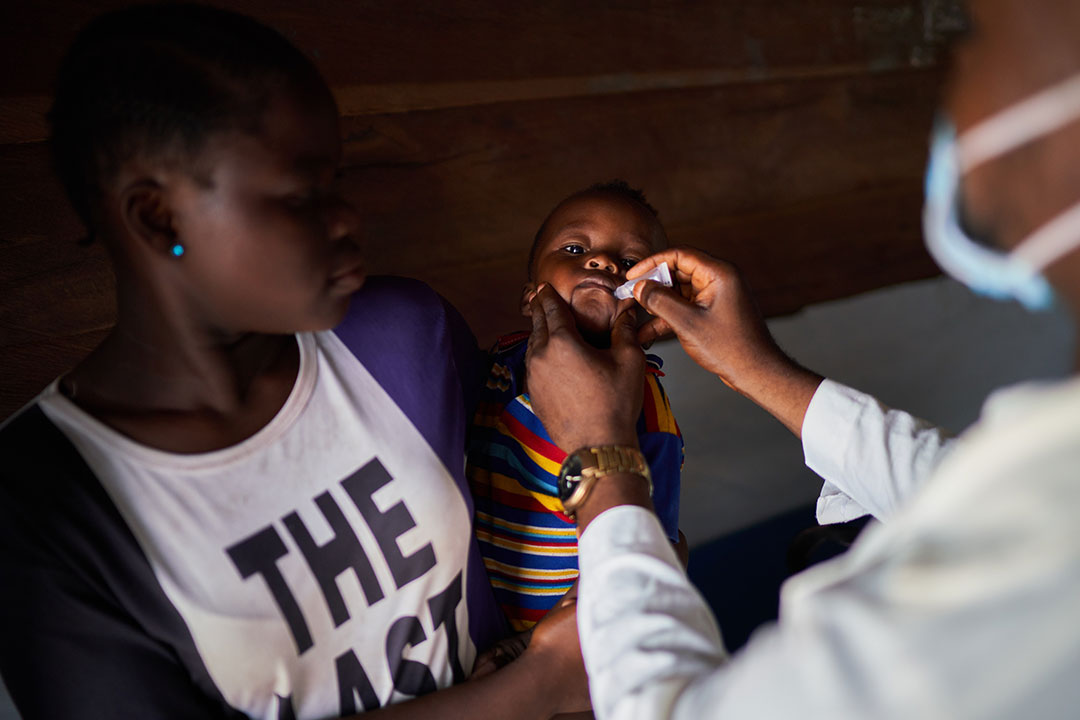 Credit: Gavi/2021/Christophe Da Silva |
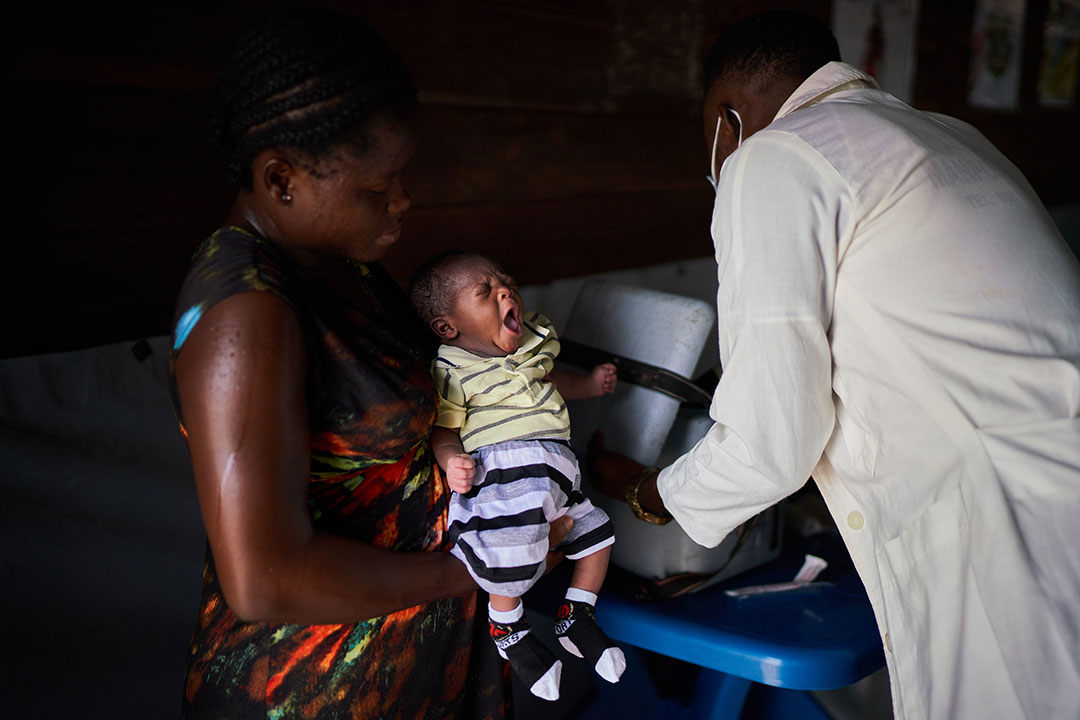 Credit: Gavi/2021/Christophe Da Silva |
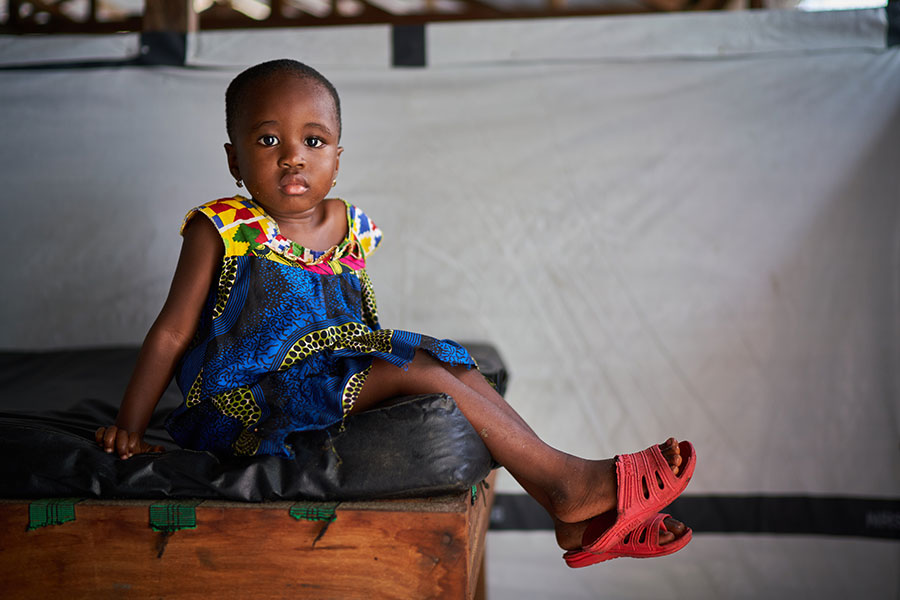 Credit: Gavi/2021/Christophe Da Silva |
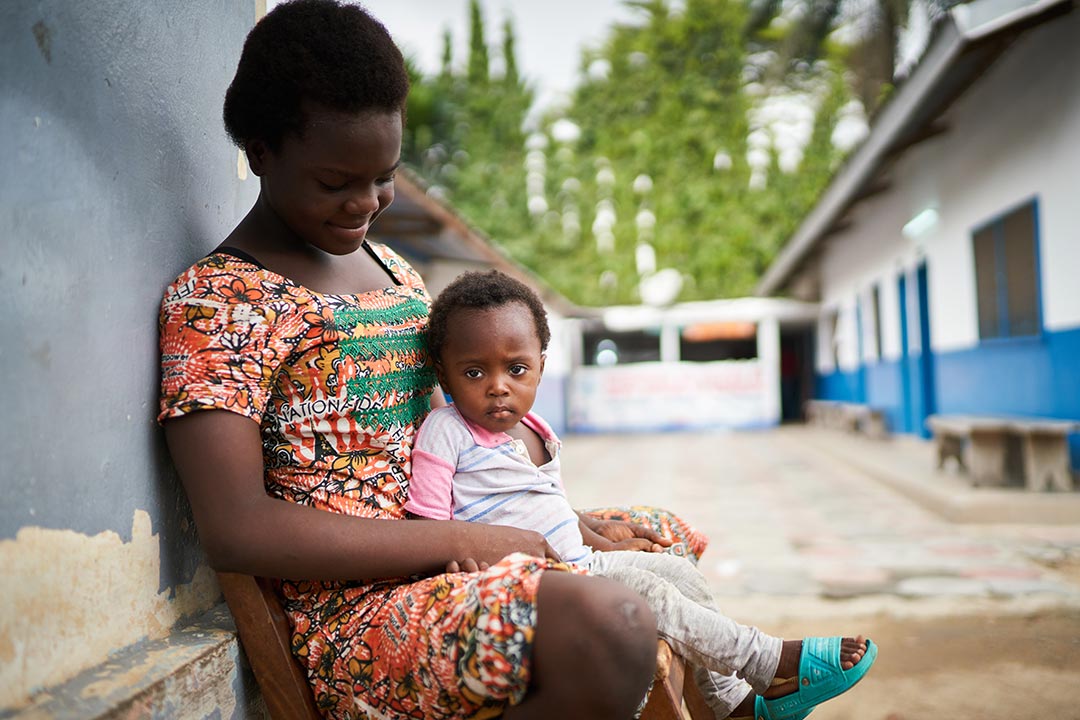 Credit: Gavi/2021/Christophe Da Silva |
Beyond zero-dose
Reaching these children also means reaching the missed communities in Manoka that they are a part of. The island is one of Cameroon’s poorer regions, prone to flooding and coastal erosion. Apart from being deprived of basic healthcare services, residents rely on just one generator for the entire Island.
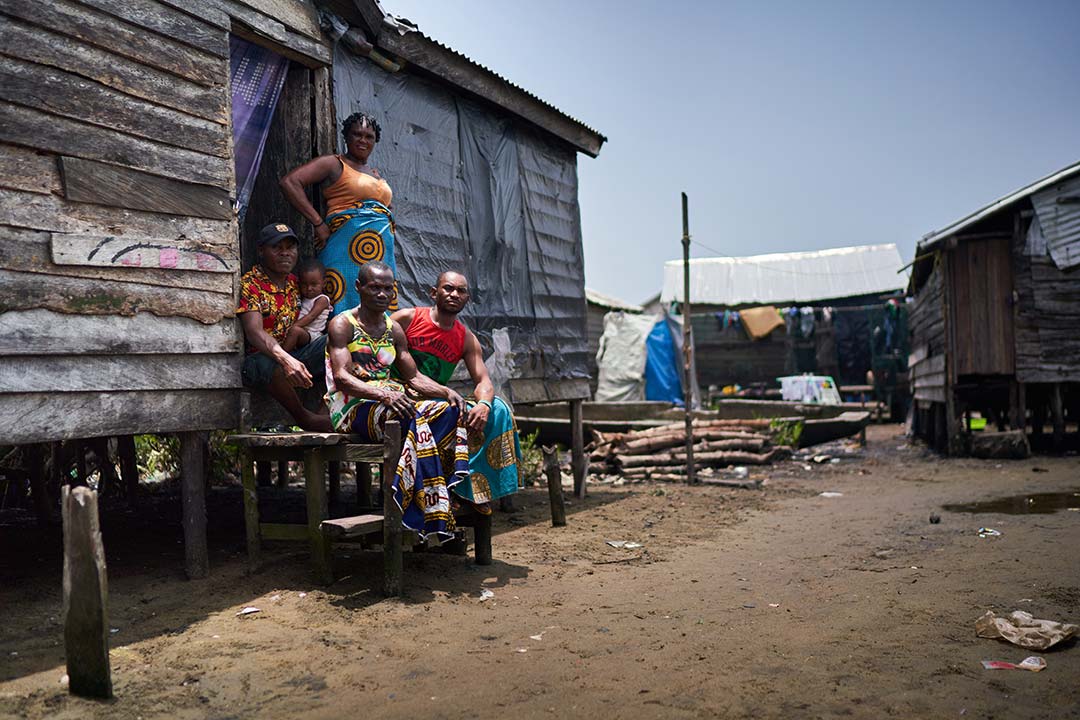
Credit: Gavi/2021/Christophe Da Silva
By reaching Manoka’s zero-dose children, health workers and volunteers unlock a door that brings the whole community into contact with the health system. This health system progressively establishes service delivery infrastructure, supply chains, data systems and community engagement – all of which are needed to deliver immunisation effectively.
This generates an additional and highly significant benefit: a platform through which other essential healthcare and non-healthcare services for both adults and children – from antenatal care to clear water and education – can also be delivered. This has the potential to give everyone on the island a better chance at a healthy, successful life.
More from Tetsekela Anyiam-Osigwe
Recommended for you








